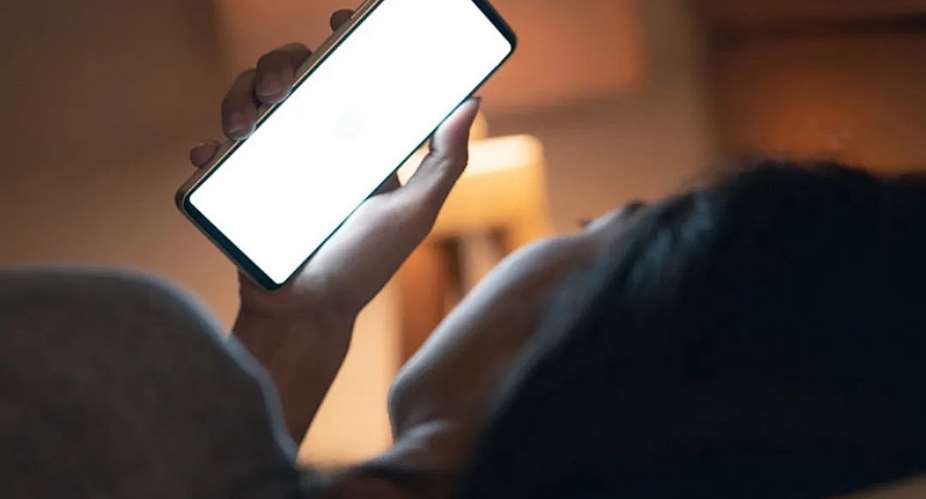Routine medical check-up is without a doubt a very essential part of health maintenance. Its frequency is a subject for discussion as there are diverging opinions on it. It has been suggested that it should be once a year for quinquagenarians (people in their 50's) and once every 3 years for those younger and in good health. However, people with prevailing health issues have been advised to see the doctor often irrespective of their age.
One of Niccolò Machiavelli's quotes goes "and what physicians say about consumptive illnesses is applicable here: that at the beginning, such an illness is easy to cure but difficult to diagnose; but as time passes, not having been recognized or treated at the outset, it becomes easy to diagnose but difficult to cure".
Indeed, an illness is always easy to cure at the beginning but difficult to diagnose but as time passes it becomes easier to diagnose and difficult to cure. During the check-up, past health history is reviewed, current health is evaluated with suitable screening tests. Aside the review and update of medical history, an adult annual check-up could delve into the family history too.
Germany is one of the frontliners globally in terms of preventative medical check-up. As Africans, we mostly book an appointment with the doctor when we are sick. This may even come after self-medication fails. The disparity may be huge but emulating such strides is of essence.
Research has indicated that Africa has the youngest population in the world (70% of sub-Saharan Africa under age 30). Figures for average life expectancy in the year 2021 across the world is 71 and 75 years for males and females respectively. The average life expectancy in Africa is 63 years and 66 years for males and females respectively.
As of 2021, Ghana has an average life expectancy of 64.42 years. The culture of having routine medical check-ups has the potential of increasing our life expectancy (life span) because it reduces the risk of health complications
by monitoring existing conditions and detecting inconsistencies. As religious people, we may rightfully entertain the belief that God decides how long we live, however, we equally have an important role to play.
The internet has brought a reduction in health inequality. There has been a rise in the allocation, distribution of health resources between different population groups. The internet has made information which is an essential part of health care accessible at a lower cost thereby increasing the quality of health care.
Netizens are able to access infinite medical information available from different sources. Some are credible, reliable and some are fabricated. There is a lot of misinformation and conflicting information.
On the other side of the coin, the clinical phenomenon of cyberchondria has come to be. It is anxiety emanating from a health-related search online (it is related to hypochondria also called illness anxiety disorder). Googling your own medical symptoms rather than getting professional medical help and the anxiety it brings. Anxiety could heighten stress levels, increase blood pressure, cause headaches and could immensely affect the quality of your life. Your social life and career could be affected.
The cause of cyberchondria is uncertain but on many occasions, it may be much easier to search the internet than have access to a doctor. However, you may be prone to it if you have experienced an illness personally. A study suggests that people with low self-esteem are likely to develop cyberchondria. Depressed people and people already living with anxiety may find themselves immersed in this. New parents may equally get into it because of their newborn.
Have you at any point googled your medical symptoms instead of visiting the doctor? Well, if you haven't then don't because it is one of the many ways you can rob yourself of your joy and peace of mind.
Dumenu Charles Selorm





 This IMANI job no dey pap; the people you are fighting for are always fighting y...
This IMANI job no dey pap; the people you are fighting for are always fighting y...
 Prof. Naana Opoku-Agyemang has changed; you can see a certain sense of urgency –...
Prof. Naana Opoku-Agyemang has changed; you can see a certain sense of urgency –...
 MFWA Executive Director slams Akoma FM for engaging in ‘irresponsible’ media pra...
MFWA Executive Director slams Akoma FM for engaging in ‘irresponsible’ media pra...
 ‘Women must become millionaires too’ — Prof Jane Naana on establishment of Women...
‘Women must become millionaires too’ — Prof Jane Naana on establishment of Women...
 Some believe only in Ghanaian votes, not Ghana — Kofi Asare jabs politicians
Some believe only in Ghanaian votes, not Ghana — Kofi Asare jabs politicians
 Plan to make BEST sole aggregator of Sentuo Oil Refinery will create market chal...
Plan to make BEST sole aggregator of Sentuo Oil Refinery will create market chal...
 2024 elections: I can't have the man I removed from office as my successor — Aku...
2024 elections: I can't have the man I removed from office as my successor — Aku...
 2024 Elections: Immediate-past NPP Germany Branch Chairman garners massive votes...
2024 Elections: Immediate-past NPP Germany Branch Chairman garners massive votes...
 Gov’t focused on making Ghana energy self-sufficient, eco-friendly – Akufo-Addo
Gov’t focused on making Ghana energy self-sufficient, eco-friendly – Akufo-Addo
 April 25: Cedi sells at GHS13.74 to $1, GHS13.14 on BoG interbank
April 25: Cedi sells at GHS13.74 to $1, GHS13.14 on BoG interbank
